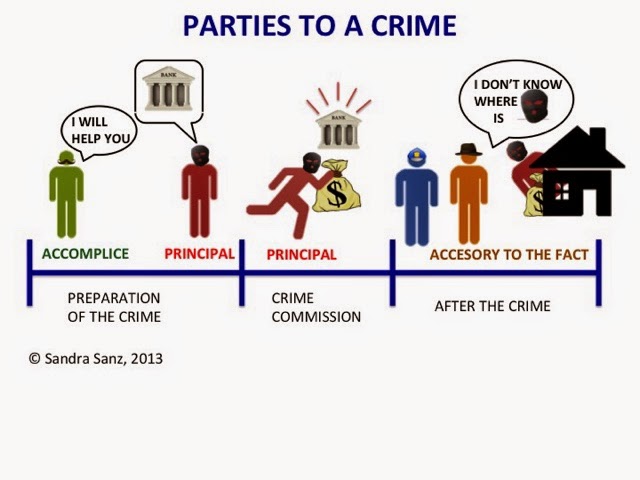Installment Sales Law or Recto Law
What is a Recto Law?
It is an Installment Sales Law that provides remedies for the seller
in the contract of sale of personal property by installments.
It is embodied in Article 1484 of the Civil Code of the Philippines or
the Republic Act No. 386 which amended Art. 1454 of the Civil Code of 1889.
What is the coverage of the Recto Law?
It covers:
1. Contracts of Sale of
personal property by installments.
2. Contracts purporting to be
leases of personal property with option to buy, when the lessor has deprived
the lessee of the possession or enjoyment of the thing (PCI Leasing and Finance
Inc. v. Giraffe-X Creative Imaging, Inc., G.R. No. 142618, July 12, 2007).
What are the remedies for the seller under this law?
As provided, the seller shall do:
1. Exact fulfillment of the
obligation, should the vendee fail to pay.
The seller shall file specific performance in court to exact payment
from the vendee. As a general rule, the
seller cannot avail other remedy if he opted this. However, if after choosing, it has become
impossible for the vendee to pay the seller, the latter may file for the
rescission of the contract.
2. Cancel the sale, should the
vendee’s failure to pay cover two or more installments.
This is rescission of the contract that can be exercised by the
seller. But the vendee must have failed
to pay 2 or more installments as a condition thereto.
The requirements for rescission are:
a. A notarized notice of
rescission must have been sent to the buyer.
b. The seller takes possession
of the property subject to the sale.
c. The seller files action for
rescission.
3. Foreclose the chattel
mortgage on the thing sold, if one has been constituted, should the vendee’s
failure to pay cover two or more installments.
In this case, he shall have no further action against the purchaser to
recover the unpaid balance of the price.
See http://www.batasnatin.com/law-library/civil-law/sales/2359-installment-sales-law-recto-law.html for more information.
Sources: Civil Code of the Philippines, www.batasnatin.com
Note: The featured image is taken from www.bradfordpublishing.com



Comments
Post a Comment